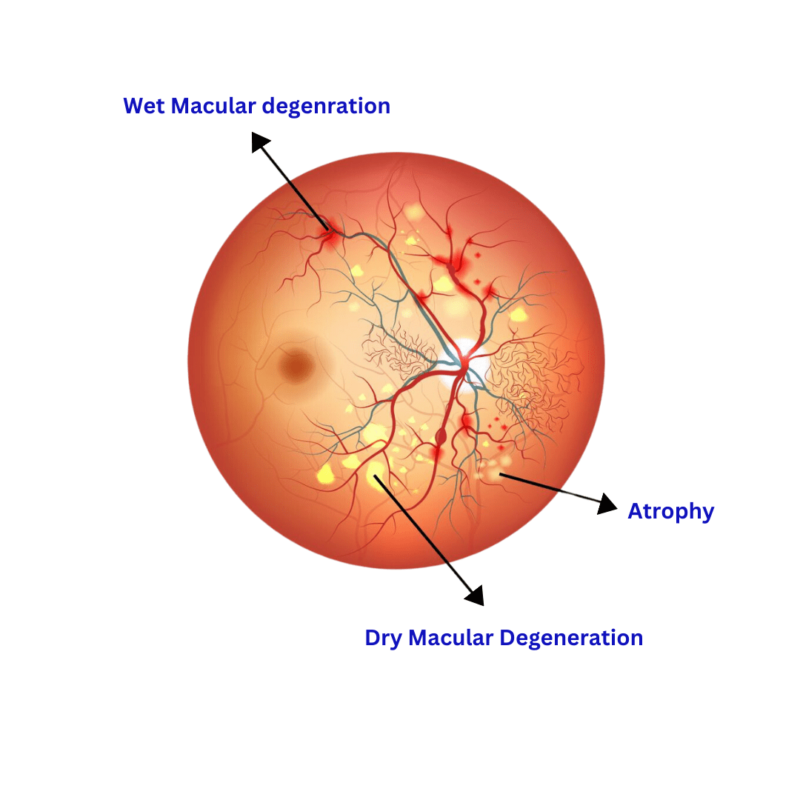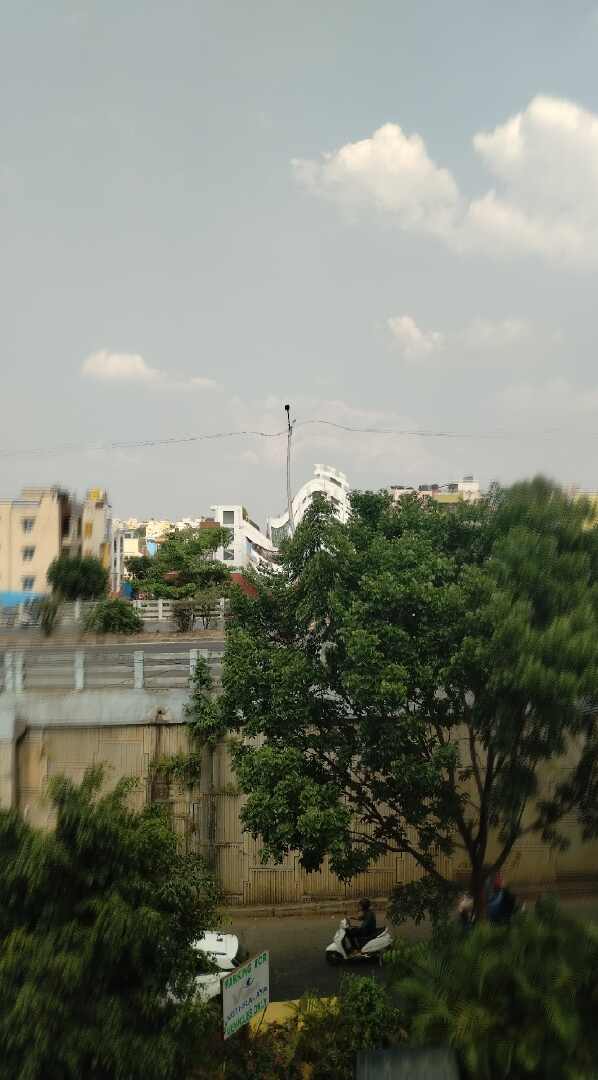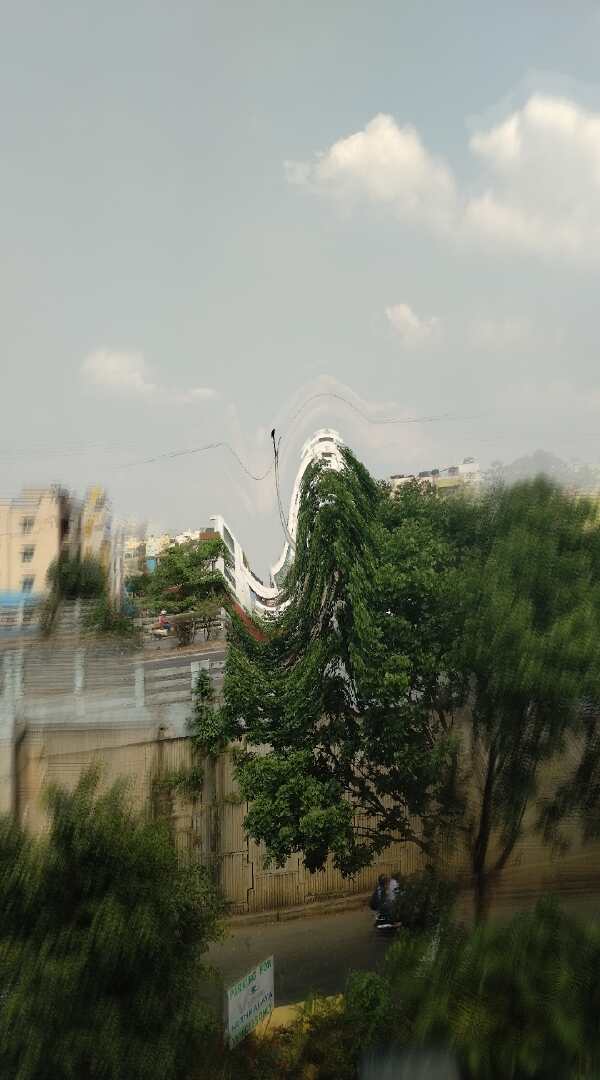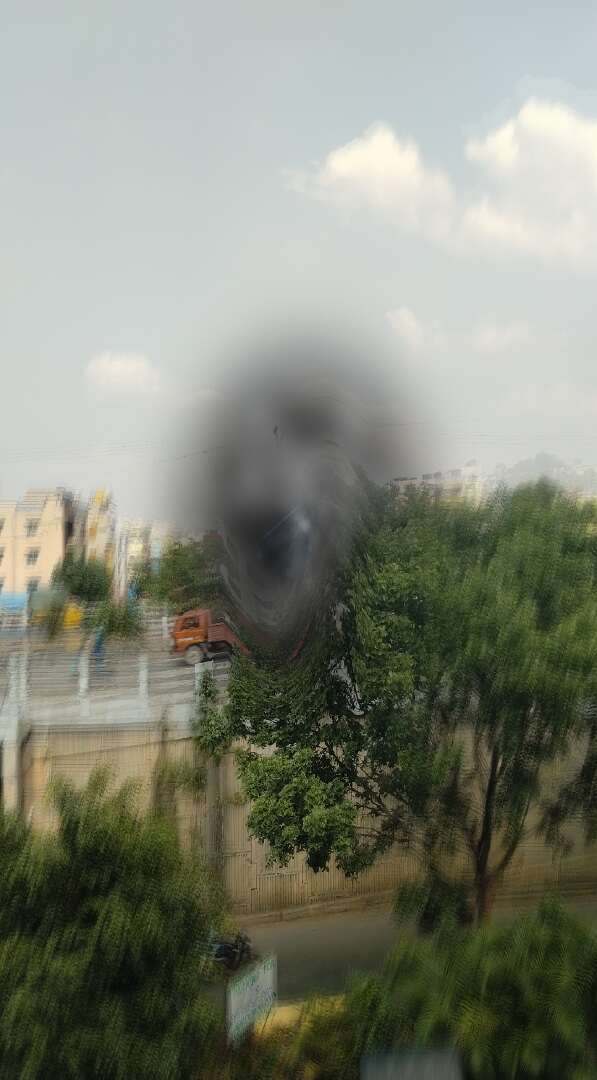About Us
Certified docters Committed to Excellence
Vijaya Netralaya is a renowned eye hospital in India with a team of experienced and skilled ophthalmologists who specialize in the treatment of age-related macular degeneration (AMD). Here are some reasons why Vijaya Netralaya may be a good choice for Macular Degeneration treatment:
-
- Advanced diagnostic technology: Vijaya Netralaya has state-of-the-art diagnostic equipment, such as optical coherence tomography (OCT) and fluorescein angiography, which can help detect and monitor Macular Degeneration in its early stages.
-
- Experienced ophthalmologists: The hospital has a team of experienced ophthalmologists who specialize in the diagnosis and treatment of Macular Degeneration, using the latest and most effective techniques.
-
- Comprehensive treatment options: Vijaya Netralaya offers a range of treatment options for AMD, including anti-VEGF therapy, laser therapy, and photodynamic therapy, as well as low vision aids for individuals with advanced AMD.
-
- Patient-centered care: The hospital’s focus is on providing personalized, patient-centered care, with a commitment to ensuring the best possible outcomes for each patient.
-
- Affordable treatment: Vijaya Netralaya offers high-quality AMD treatment at an affordable cost, making it accessible to a wider range of patients.





